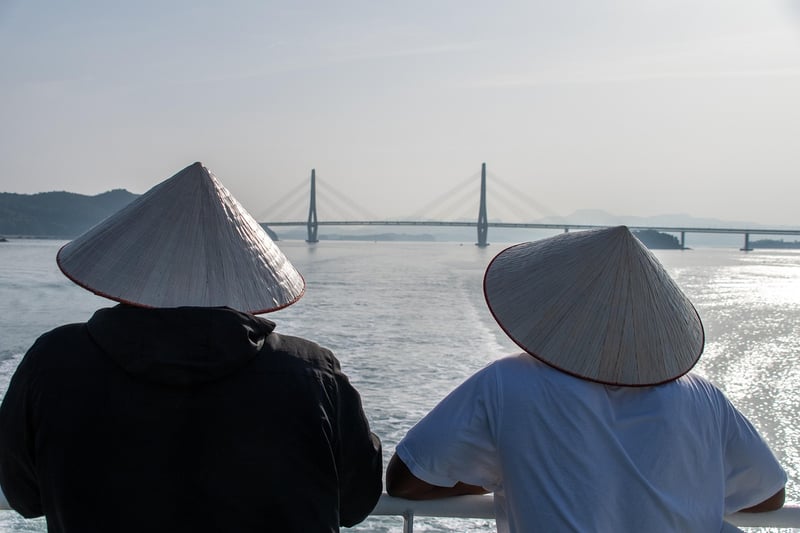Safety Guidelines
Useful Advice for Adventurers
Introduction
Embarking on an adventure can be an exhilarating experience, but it's essential to stay safe and prepared at all times. Whether you're hiking through the mountains, exploring a new city, or setting off on a camping trip, these useful pieces of advice will help you make the most of your journey while ensuring your safety.
1. Research Your Destination
Prior to your adventure, take the time to research your destination. Familiarize yourself with the local customs, weather conditions, terrain, and any potential risks. This knowledge will help you plan your trip effectively and make informed decisions along the way.
2. Pack Wisely
When packing for your adventure, prioritize essential items such as navigation tools, first aid supplies, appropriate clothing, food, and water. Consider the activities you'll be engaging in and pack accordingly. A well-prepared backpack can make a significant difference in your comfort and safety.
3. Inform Others of Your Plans
Before setting off, make sure to inform a trusted individual of your itinerary. Share details such as your planned route, expected return time, and emergency contacts. In case of unforeseen circumstances, this information can be crucial for search and rescue operations.
4. Stay Hydrated and nourished
During your adventure, remember to stay hydrated and nourished. Carry an adequate supply of water and snacks to keep your energy levels up. Dehydration and hunger can affect your performance and decision-making abilities, so prioritize your well-being.
5. Respect the Environment
As an adventurer, it's important to respect the environment and leave no trace of your presence. Follow designated trails, dispose of waste properly, and minimize your impact on wildlife. By practicing responsible tourism, you contribute to the preservation of natural habitats.
Safety Guidelines
- Always wear appropriate safety gear for your chosen activity, such as helmets, life jackets, or climbing harnesses.
- Be aware of your surroundings and potential hazards. Stay vigilant and trust your instincts if something feels unsafe.
- Check weather conditions before heading out and be prepared for unexpected changes in the forecast.
- Travel with a companion whenever possible, especially in remote or unfamiliar locations.
- Carry a fully charged phone and emergency supplies such as a whistle, flashlight, and a basic first aid kit.
- If participating in water activities, ensure you have the necessary swimming skills and use appropriate safety precautions.
- Follow the rules and regulations of the area you are visiting, including wildlife guidelines and fire restrictions.

By following these useful pieces of advice and safety guidelines, you can enjoy your adventures to the fullest while prioritizing your well-being and preparedness. Remember, a successful adventure is not only about reaching your destination but also returning safely with unforgettable memories.
